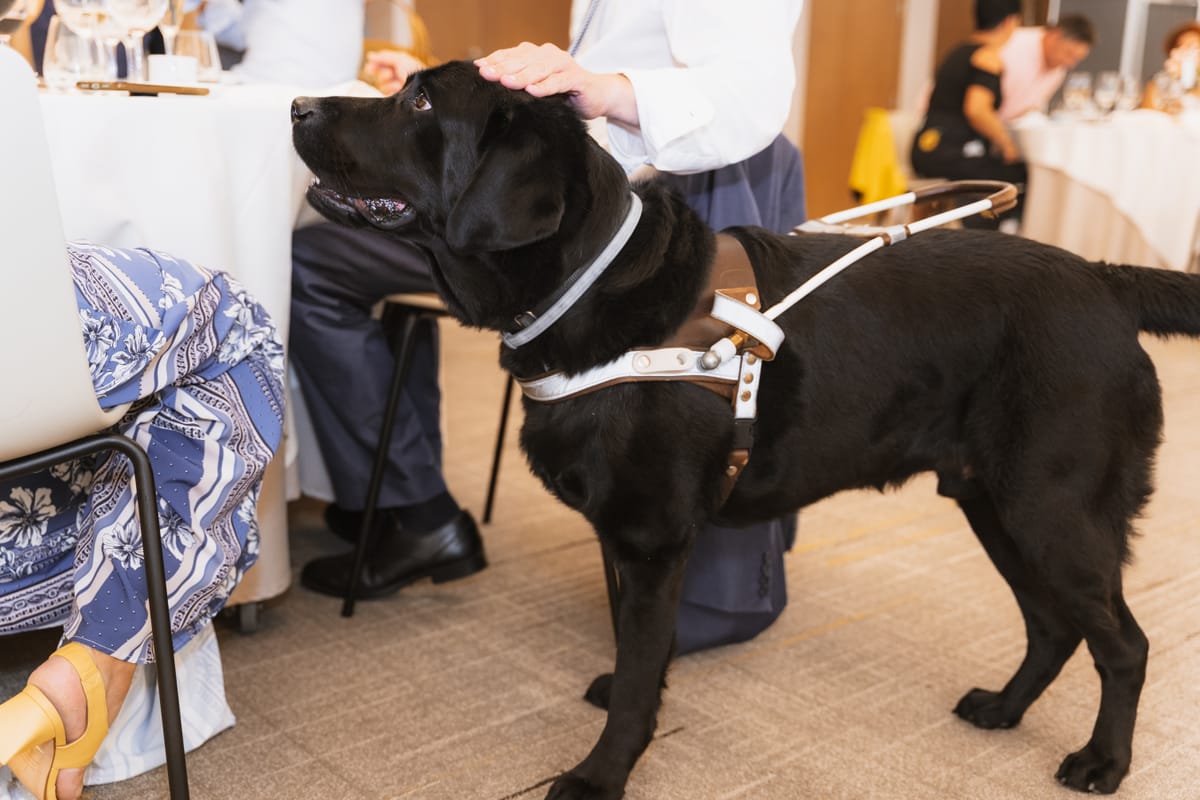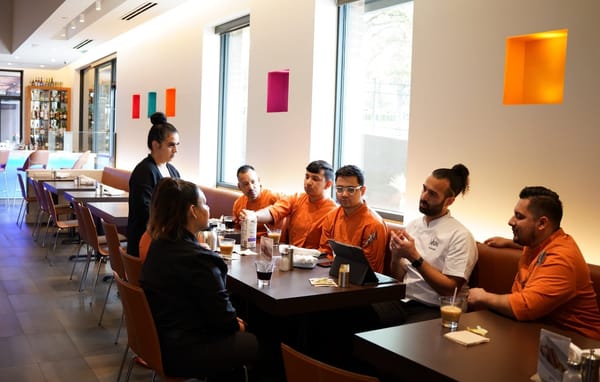A service animal is a valuable support for any individual with a disability. These highly trained service dogs can bring a sense of calm to individuals with mental disabilities during panic attacks, assist wheelchair users, and guide individuals with vision or hearing impairments in public spaces.
Since every type of restaurant must accommodate guests and their service animals, it may get a bit confusing trying to follow all the different ADA guidelines. Let's answer some common questions about service animals and the best ways restaurants can create a welcoming environment.
Key points:
- Restaurants cannot deny guests and service animals from sitting indoors or outdoors.
- Service animals are not required to display a specific certification, vest, or other marker that signifies their role in helping their handler's disability.
- Service animals can only be removed from a business if they are not housebroken or if they pose a direct threat to other guests' safety.
- Only dogs and miniature horses can qualify as public service animals. Any other animal would possibly qualify as an emotional support animal.
- Pets do not qualify as service animals if they are not trained to perform tasks related to their handler's disability.
What is a service animal?
According to the Americans with Disabilities Act (ADA) website, a service animal is individually trained to perform tasks for a person with a disability. Some service animals help with day-to-day activities, such as guiding their handler across a street. Other service animals are trained to help their handlers deal with non-physical disabilities, such as panic attacks. Certain psychiatric service dogs are also able to alert other people when their handler needs some assistance.
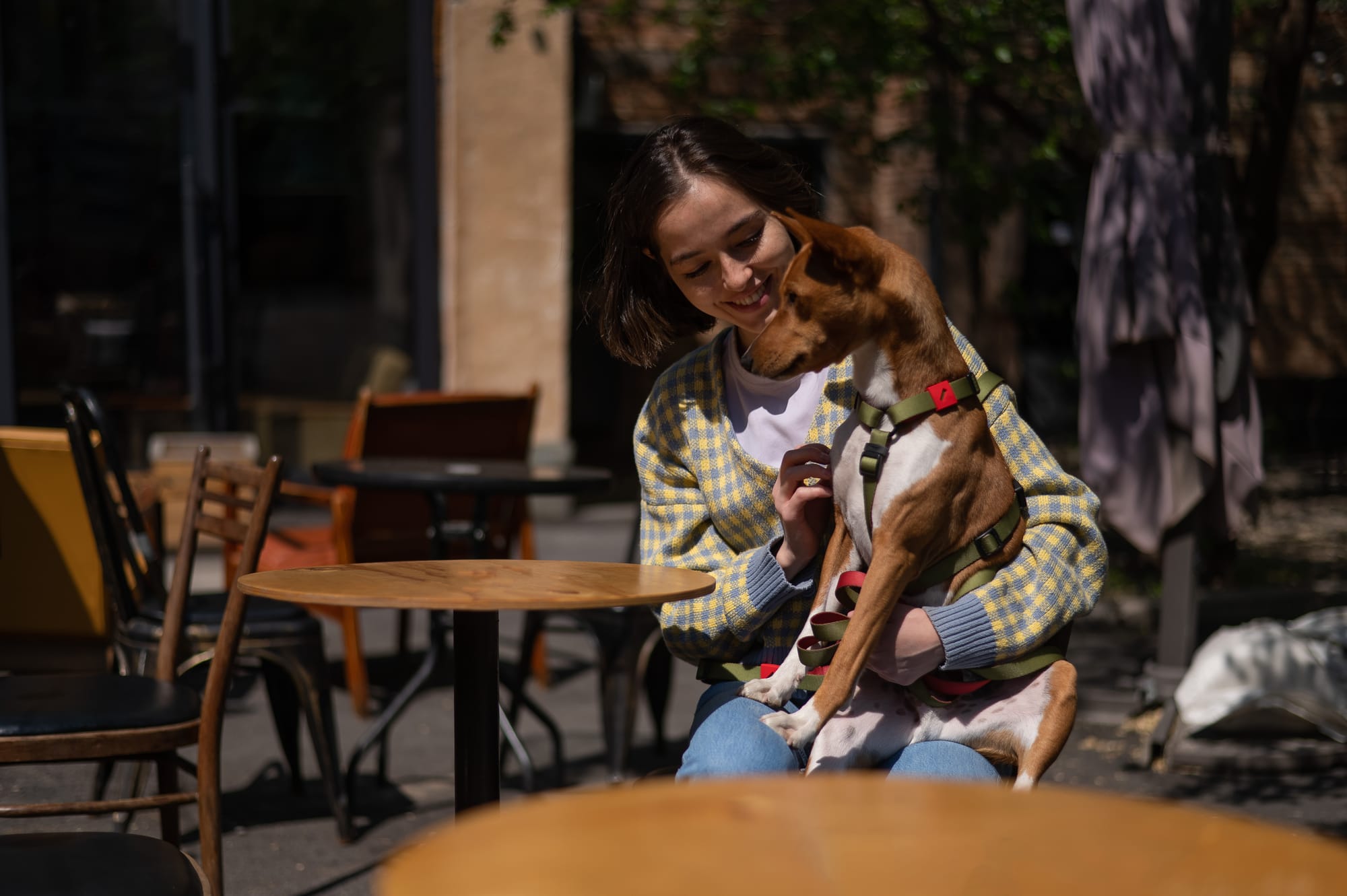
While some people may claim their pet as a service animal or emotional support animal, the ADA specifically requires emotional support and service animals trained for certain tasks to assist with emotional or physical disabilities. As always, we highly recommend exploring your state and local laws that may enforce further requirements for using a service animal. If you're a restaurant operator, we also recommend taking a look at your reservation system to ensure some public accommodations for guide dogs.
What can qualify as a service animal?
Even if certain pet owners may claim their pets as emotional support animals, pets do not qualify as certified service animals. Fake service dogs in particular jeopardize the integrity and purpose of actual service animals trained to perform support for a person's disability.
There have even been reports of dogs disguised as assistance animals barking, urinating, or attacking people in public spaces. If a pet dog barks, it is most likely trying to garner attention for a snack or a scratch behind the ear. If a service animal barks, that means it is trying to catch the attention of the owner or others around the owner for specifically trained tasks.
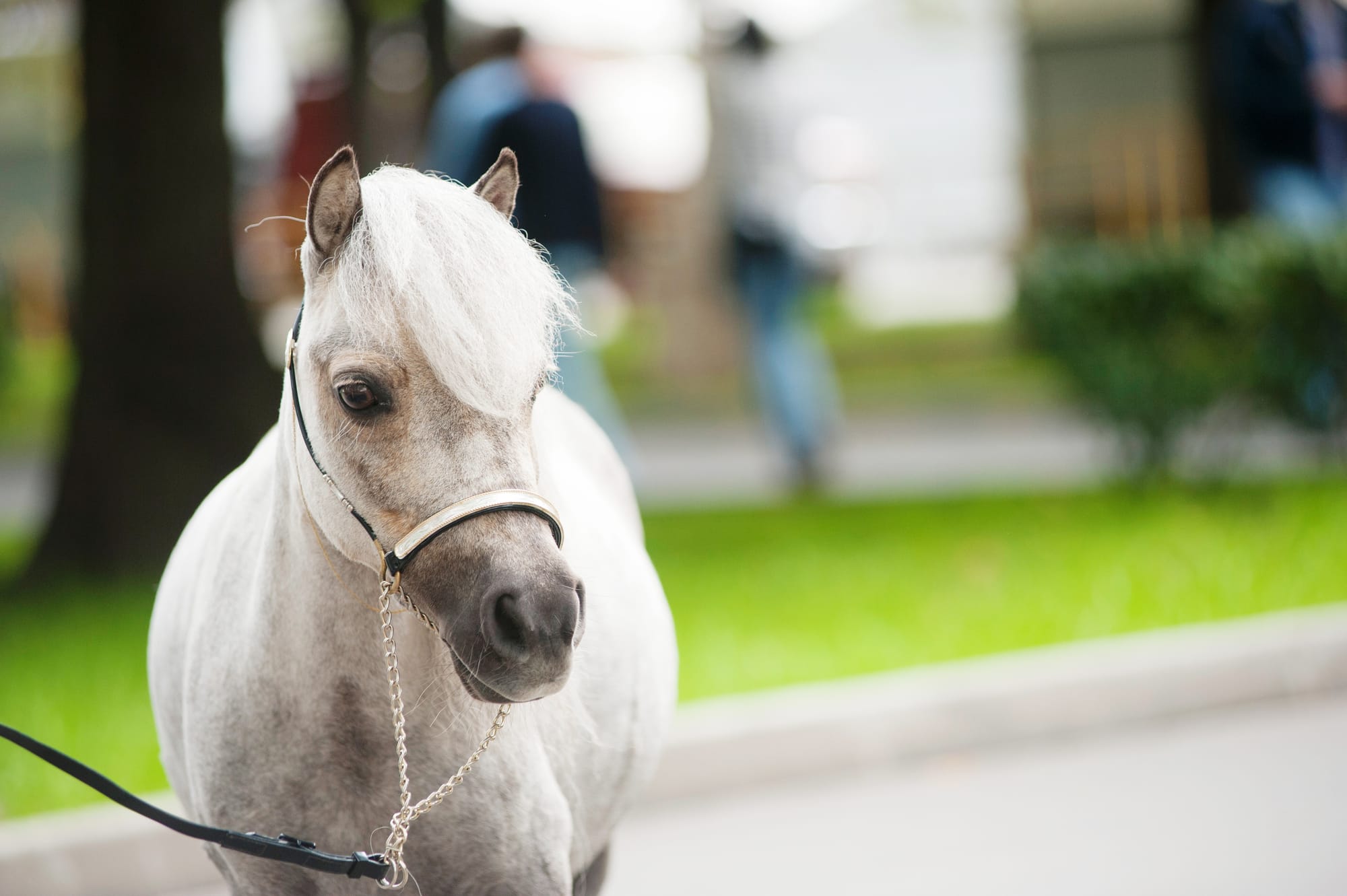
Some people may believe only dogs can become service animals. However, miniature horses are the only other animals that can qualify as service animals with proper training and adherence to federal law. Even though miniature horses are rarer to encounter than dogs, a restaurant owner shouldn't worry too much about extra horse accommodations.
If a guest does enter their business with a qualified miniature horse, that guest has gone through the proper protocols to ensure their miniature horse will not disturb others or take up too much space. Be sure to contact the ADA, for more information on miniature horses as service animals.
Do service animals need identification?
No, service animals do not need identification such as a special vest or collar to show they are trained to help people with disabilities. The business owner or restaurant staff can only ask two questions regarding a service dog:
- Is the dog a service animal required for a specific disability?
- What specific task or work has your service animal been trained to perform?
A business CANNOT ask to see documentation, require a demonstration of the service animal's specific task, or question further details about the handler's disabilities.
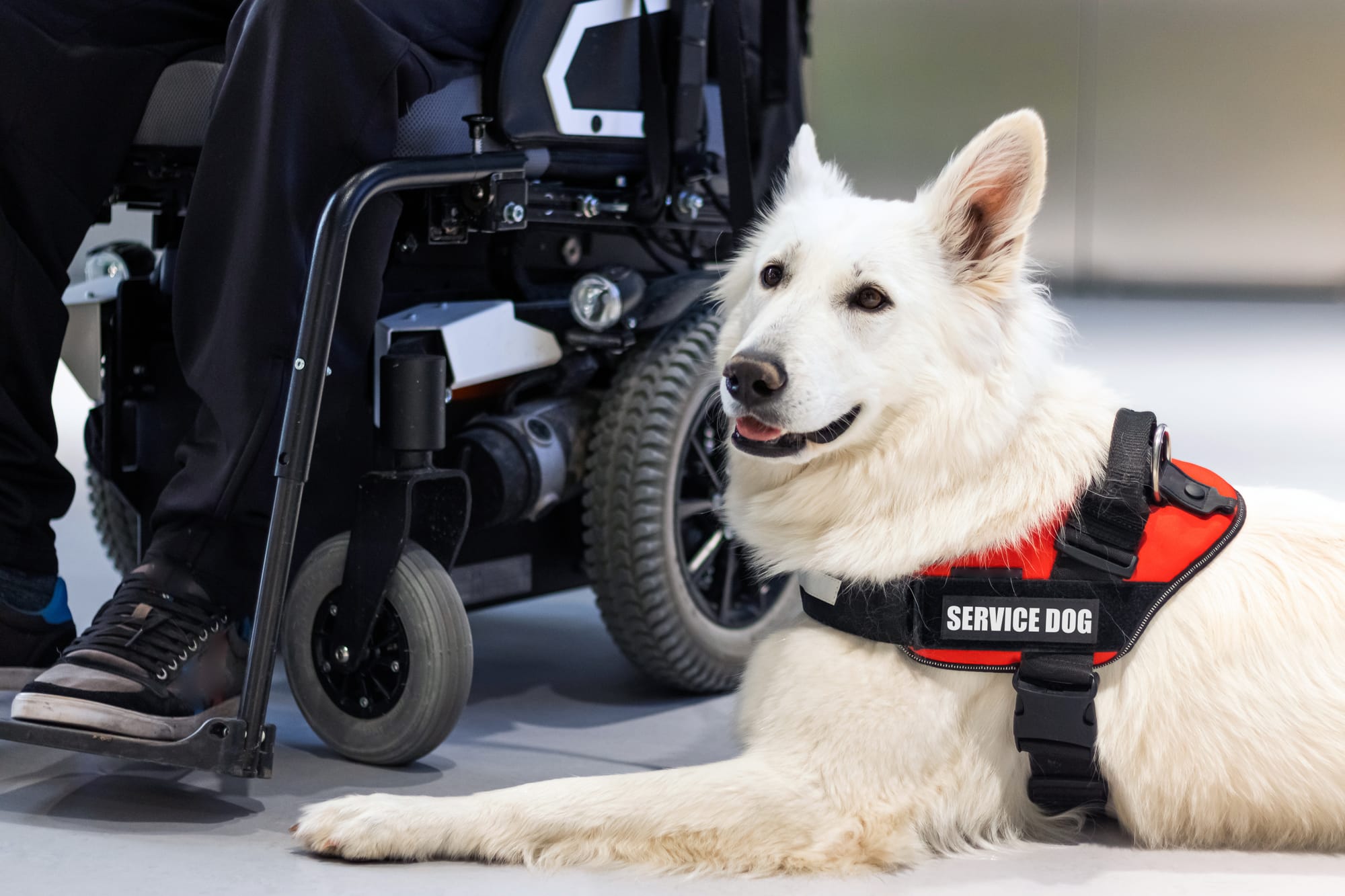
Are service dogs allowed in restaurants?
Yes, a restaurant must permit service animals and their handlers on the premises. However, service dogs in restaurants must sit on the floor, and the restaurant cannot provide any food or drink without permission from the handler. The handler is responsible for taking care of their service animal with proper food.
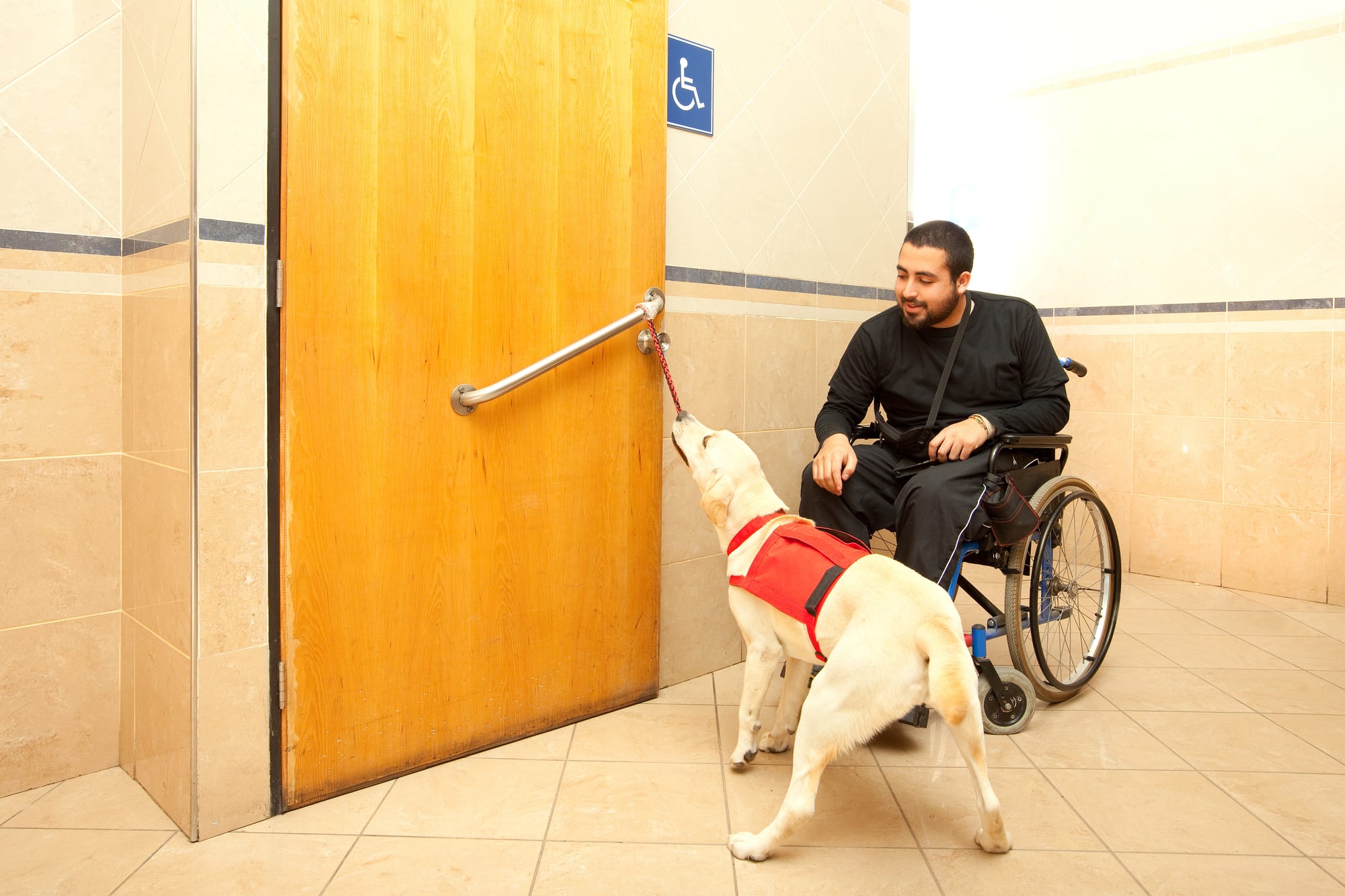
Can restaurant staff and customers interact with service dogs?
No, restaurant staff and customers should not interact with service animals in public. Service dogs in public are working animals on duty. Any distractions may make it difficult for them to focus on their handler's needs.
When can a service dog be removed?
Privately owned businesses can ask a person with a disability to remove their service animal in a few situations. A guide dog can be removed from a business if the handler cannot maintain control of their behavior or if the animal poses a direct threat to the safety of other patrons. The direct threat can be barking or growling at other guests or fighting with other service animals. Lastly, a restaurant owner can ask a handler to remove their service animal if the dog is not housebroken. When a service animal is removed from a business, staff must still allow the handler to receive whatever food or service was ordered.
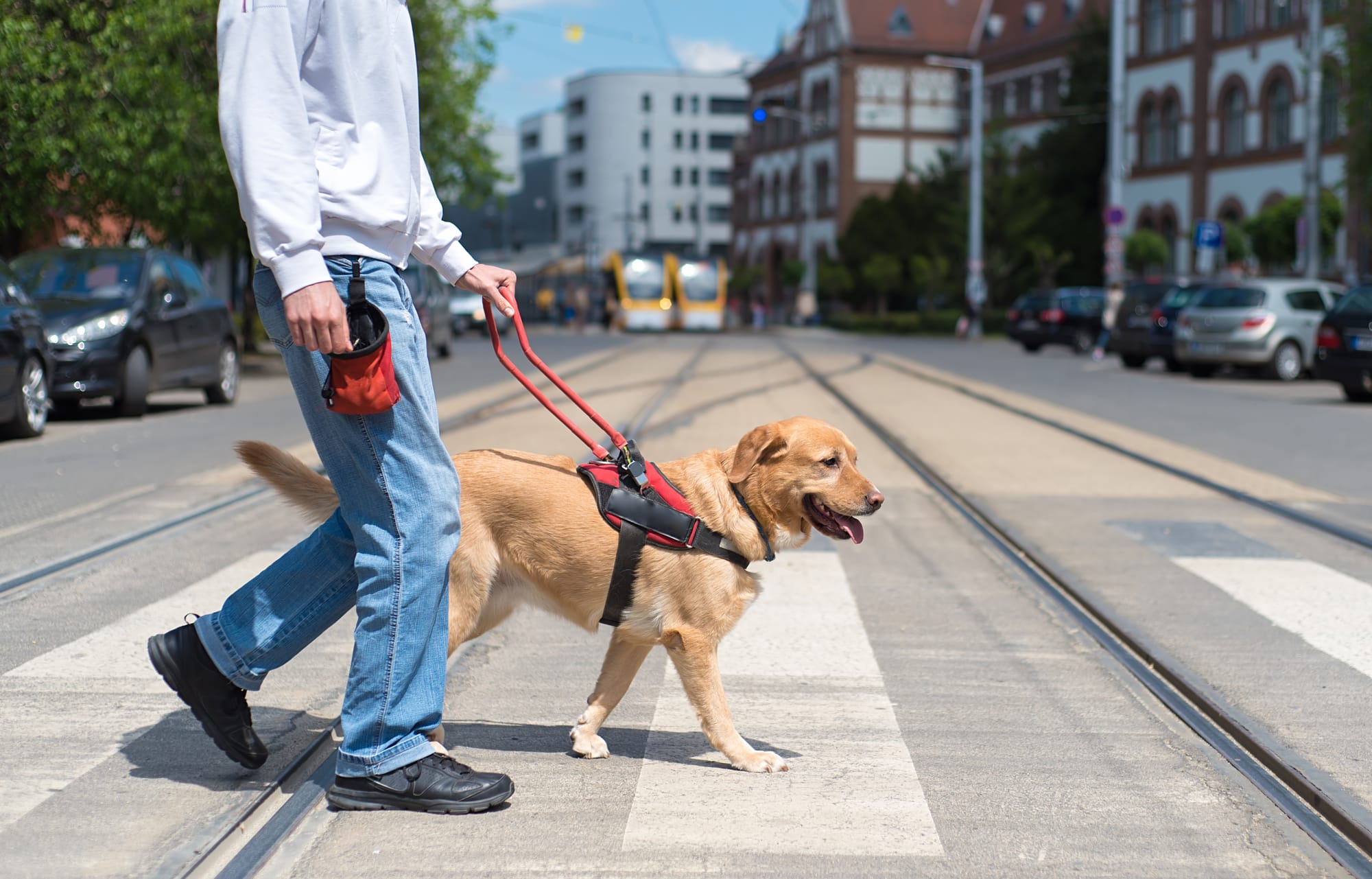
Suppose other customers possess an allergy related to a service dog or other threat to their public health. In that case, it is the responsibility of that guest to communicate it to the restaurant staff. The restaurant should then offer a seat as far away from the working dog as possible. Other customers cannot ask the handler and service animal to move for convenience.
Can service dog owners receive an extra fee or charge?
No, guests cannot be charged extra if they enter the business with a service animal for their disability. In a similar sense, a restaurant cannot deny specific seating requests or arrangements for service animal owners. If a service dog owner wishes to sit inside for their dinner, restaurant operators must accommodate that request.
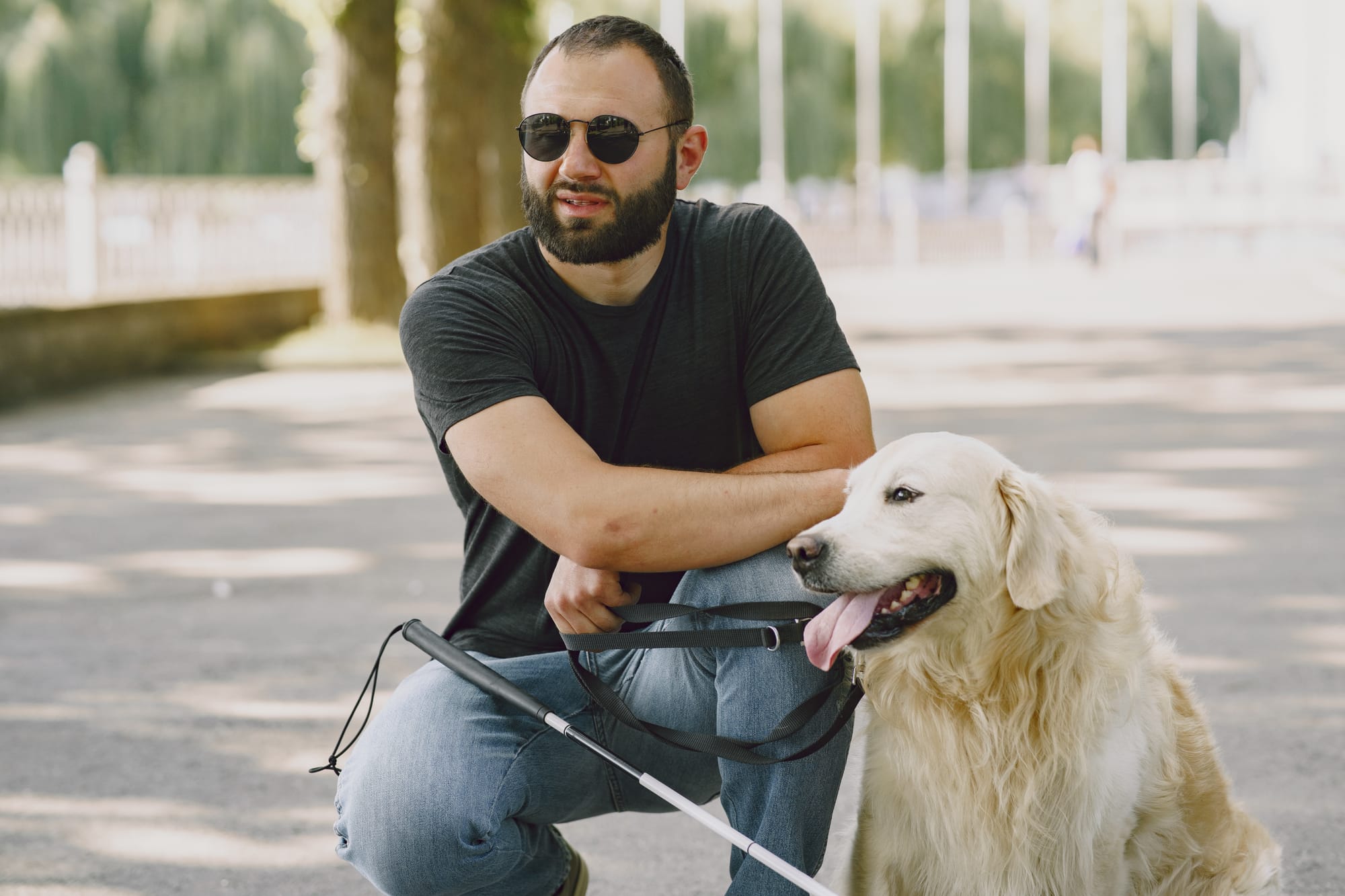
Restaurant responsibilities
As always, awareness will be your greatest resource for making your restaurant accessible to guests with disabilities and their service animals. Alongside showcasing the proper signage to show the differences between service animals vs. normal pets, train your restaurant staff with the proper protocols for seating and serving guests with disabilities. This training may include navigating your point-of-sale system’s reservation software, rehearsing scenarios on how to acknowledge and accommodate service animals, and so on.
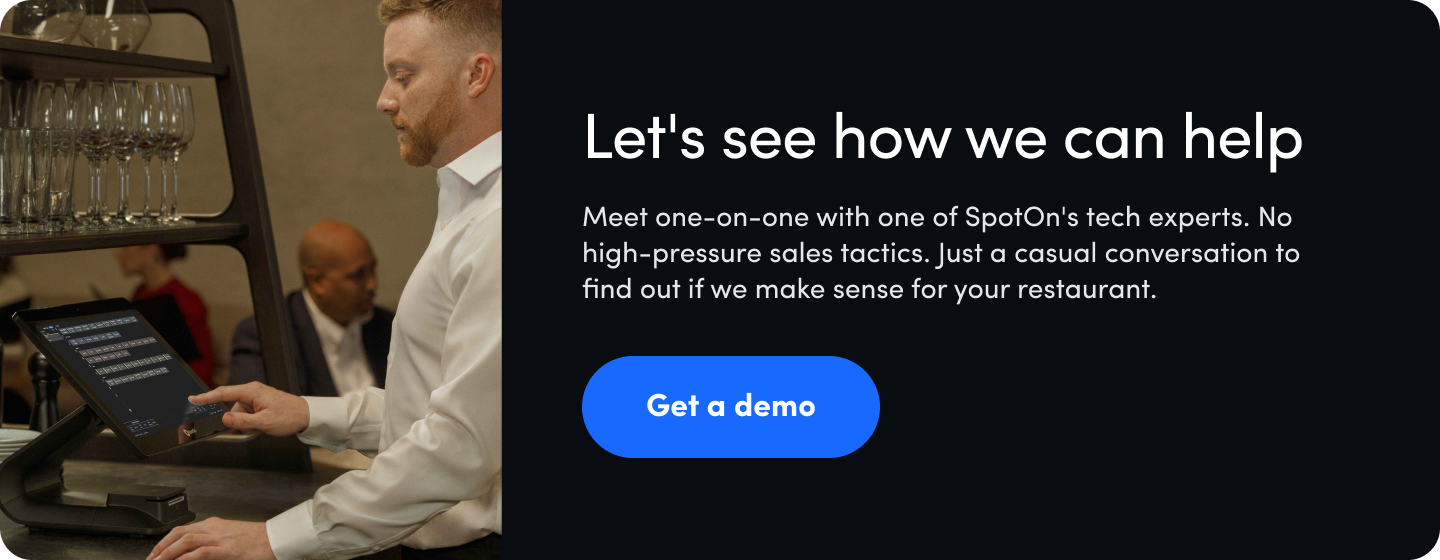
DISCLAIMER: Everything here is just for informational purposes. The links and graphics may not be accurate and we encourage you to do your own research. Also, we can't guarantee results from following our advice. Always consult a professional for your specific situation.


